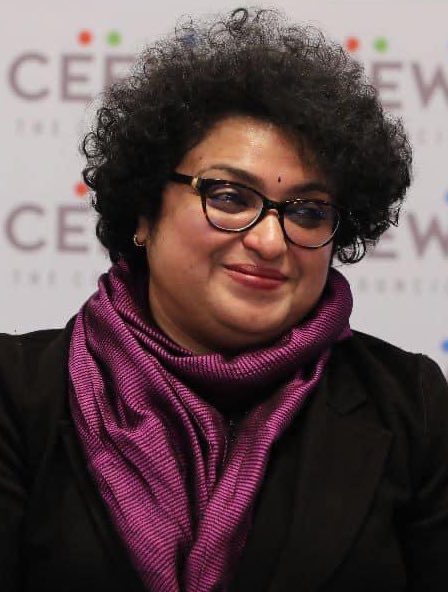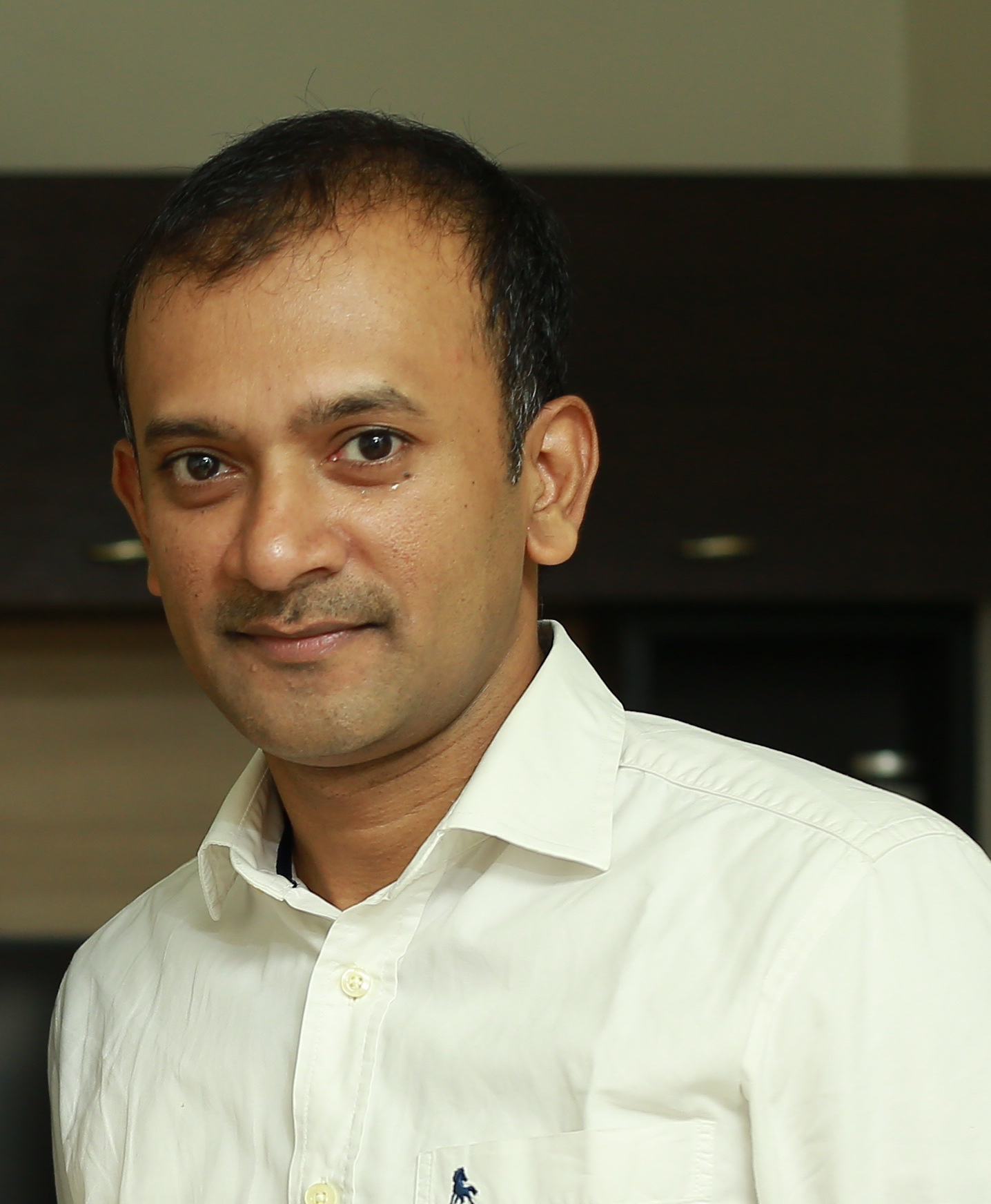Contributors
More »- 1
- 2
- 3
- 4
- 5
- 6
- 7
- 8
- 9
- 10
- 11
- 12
- 13
- 14
- 15
- 16
- 17
- 18
- 19
- 20
- 21
- 22
- 23
- 24
- 25
- 26
- 27
- 28
- 29
- 30
- 31
- 32
- 33
- 34
- 35
- 36
- 37
- 38
- 39
- 40
- 41
- 42
- 43
- 44
- 45
- 46
- 47
- 48

(Co-authored with Lekha Chakraborty)
The ‘Statue of Unity’ – world’s tallest iron statue cast in stone (inaugurated on October 31, 2018) has been the most debated public investment priority in India, especially when the nation is burdened with more than one-third of world’s malnourished children.
In the ...
UDAY Power Debt in Retrospect and Prospects
05/11/2018

(Co-authored with Lekha Chakraborty)
The government of India launched the Ujjwal Discom Assurance Yojana (UDAY), in November, 2015, with an objective of “Power for All”. The states have, since then, been joining this scheme at varied times, and so far, 27 states and 5 Union Territories (UTs) s are ...

When #metoo revelations hit the global conscience as a compelling case for strengthening Women’s Economic Empowerment (WEE), one crucial question that remains unanswered is what exactly the macroeconomic policy makers of our country think about it.
Can macroeconomic policy makers be indifferent to such issues, dismissing it as ...
Economics Nobel and Climate Change in India
23/10/2018

(Co-authored with Lekha Chakraborty)
The Economics Nobel 2018, awarded to William Nordhaus of Yale University and Paul Romer of New York University, has put climate change on the centre stage of public discourse. The Sveriges Riksbank Prize in Economic Sciences was awarded on 8 October 2018, for his ground-breaking ...
Monsoon Intensity and Indian Rural Economy: Can States Initiate Climate Responsive Budgeting?
09/10/2018

(This blog post was originally prepared in “five minutes script template” for the External Services Division of All India Radio, Ministry of Information and Broadcasting, Government of India. Broadcast on October 8th, 2018, All Units. http://airworldservice.org/)
In India, 70 per cent of annual rainfall is received in ...
